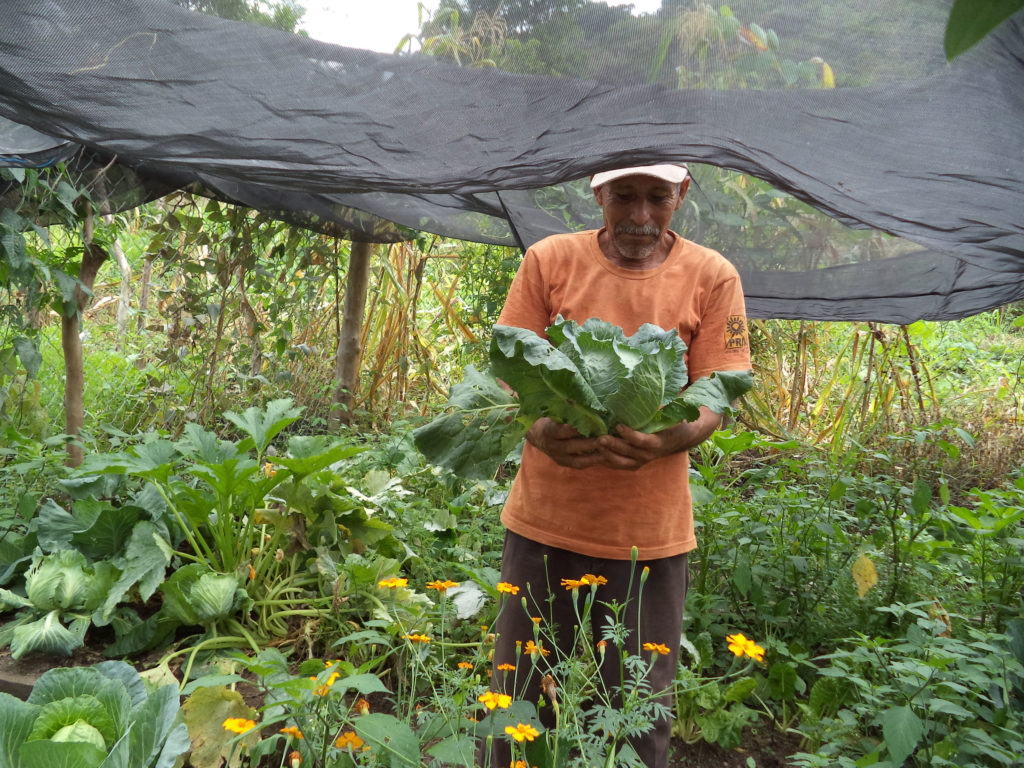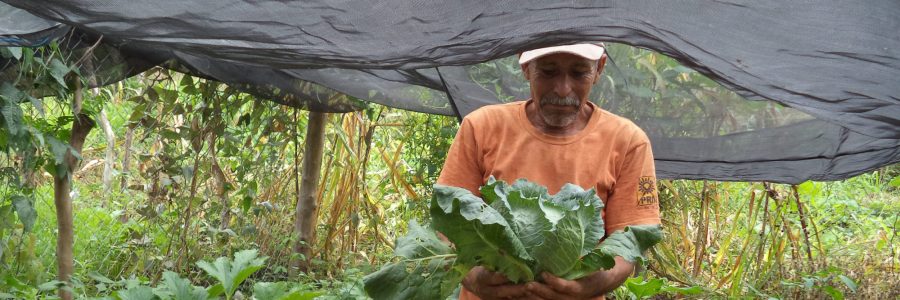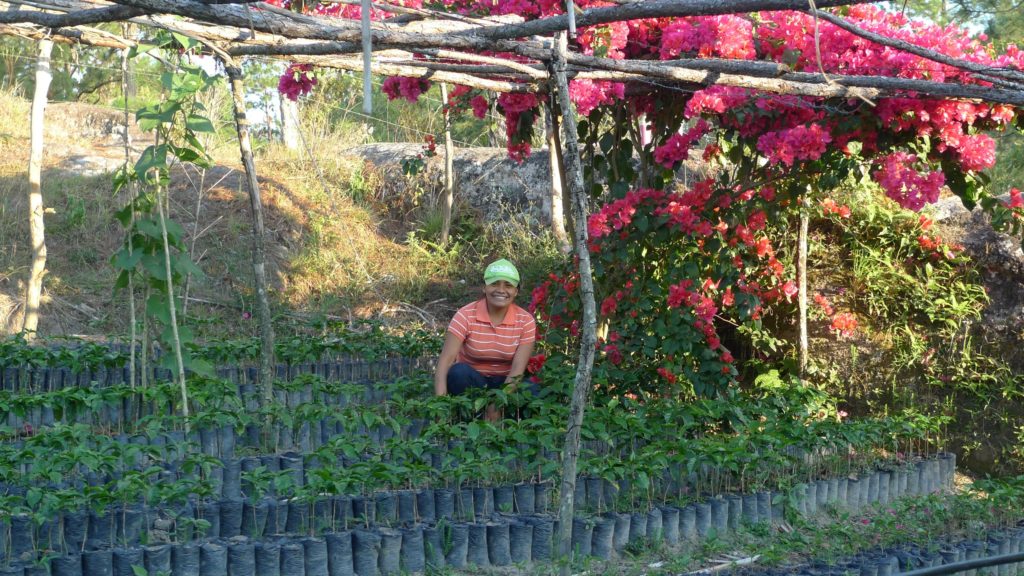Direct trade, micro-lots, and niche markets are just some of the new trends in third-wave coffee production. As with many emerging development “solutions”, their multifaceted benefits, as well as their pitfalls, must be considered critically, as they are not models synonymous with sustainability.
Many leaders in coffee say that it is neither possible nor ethical to speak of “sustainable coffee production” when the life of the producer is not sustainable.
In 2000, a study carried out in Veracruz, Mexico showed that the most important yield from coffee plantations for coffee producers is not necessarily coffee*. The study found that in a typical coffee plot, there are more than 136 species of plants, insects, mushrooms, reptiles, and small animals, many of them edible. Different trees provide wood for fuel and building houses, tools, and other useful objects.
With earnings as they are for coffee producers, coffee production alone is impossible to live on, but agro-ecological production systems in coffee farming allow producers to obtain medicine, food, fuel, work and maintain family coexistence.

Considering sustainability from this lived reality, cooperatives at origin are shifting the way they think about production and sustainability.
They are decolonizing the idea that coffee is the most important product of their work.
For coffee-producing families in Mexico, the new paradigm of the concept of sustainability must consider people’s quality of life.
This means they must be able to:
- Produce or buy enough food
- Pay their healthcare costs when necessary
- Live without fear of insecurity and violence, so that they can keep their families together without having to migrate
- Have access to other means, not to depend exclusively on income from coffee to support their family
- And finally, they need the guarantee that in the value chain of coffee, they are treated with equity and justice, and that the profit margins for each person in the chain are fair and ethical
Producers need to learn how to become better producers, but they also need financial resources and administrative support in order to build resilient organizations.
So, how can the coffee industry help?
- Cooperatives are businesses, and just like any other business, they require efficient leadership and communication. In other words, they need organizational development. The coffee industry and its philanthropic partners can, and should, support such projects.
- Sustainability isn´t just about the environment, it´s also about livelihoods. It is necessary to objectively and critically investigate the real cost of producing coffee and strive to help coffee producers earn a better living.
True Roots is committed to supporting organizations like coffee co-ops to implement transformative solutions, based on:
- Identifying shared goals for improvement by organization members
- Advocating for participatory decision-making processes and leadership approaches
- Building on the organization’s existing capacity to make, sustain, and demonstrate the organization’s impact in their own development projects
True Roots works to be part of shifting coffee industry trends so that cooperatives and small-scale organizations in the sector can more effectively provide a dignified standard of living for the individuals involved and, by extension, for entire communities.
This blog post is an adapted extract from True Roots co-founder Jose Luís Zárate’s presentation on the panel “Development from the Bottom-Up: Speaking the Language of Sustainability Across Cultures and Contexts” at the Specialty Coffee Association’s Expo in Seattle, WA, April 20, 2018.
*The study referenced is titled “Resiliencia del sistema cafetalero agroecológico en la bioregión Jamapa-Antigua del estado de Veracruz, México.” and was undertaken in 2016 by the organizations “Vinculación y Desarrollo Agroecológico en Café A.C”, “Conecta Tierra A.C”, and “A-Paso A.C”.


